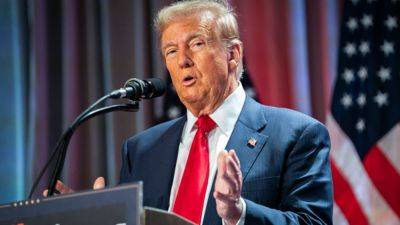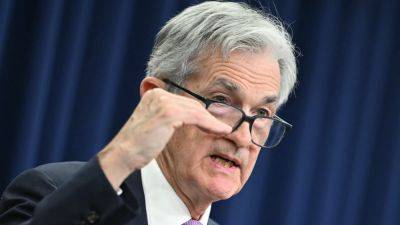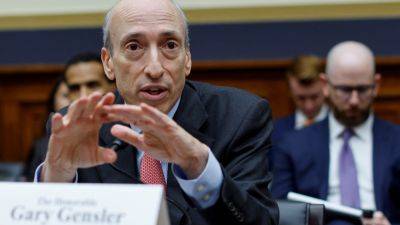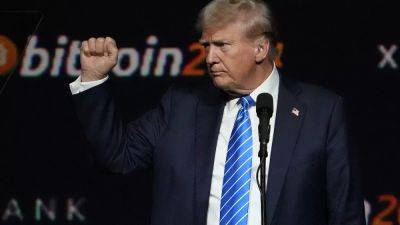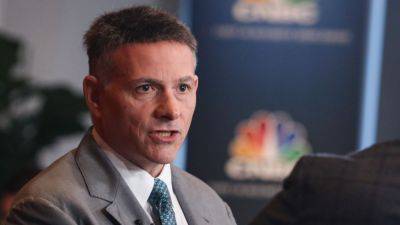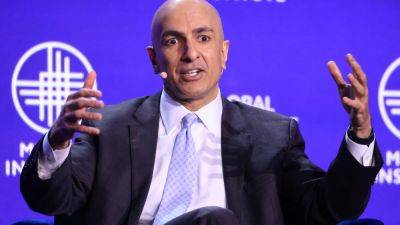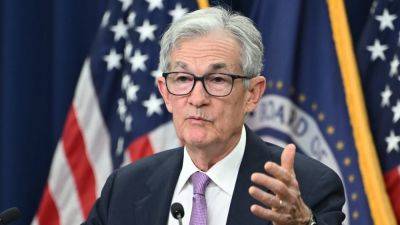Why abortion access is a personal finance issue, says demographer who studies the effects of unwanted pregnancy
Abortion is an important issue for many voters, especially young women, heading into the November election.
Abortion access is about more than politics, or health care: It's also a personal finance issue, said Diana Greene Foster, a demographer who studies the effects of unwanted pregnancies on people's lives.
Foster, a professor at the University of California San Francisco, led The Turnaway Study, a landmark research study on the socioeconomic outcomes for Americans who are «turned away» from abortion. The study tracked 1,000 women over a five-year period ending January 2016.The women in the study had all sought abortions at some point before the study commenced; not all received one.
More from Personal Finance:
How to lower healthcare costs during open enrollment
Ozempic is driving up the cost of your health care
Working moms are still more likely to handle child care
In November, voters in 10 states — Arizona, Colorado, Florida, Maryland, Missouri, Montana, Nebraska, Nevada, New York and South Dakota — will choose whether to adopt state ballot measures about abortion access.
Such ballot measures follow a U.S. Supreme Court decision in 2022 that struck down Roe v. Wade, the ruling that had established a constitutional right to abortion five decades earlier.
Nationally, women under age 30 rank abortion as the most important issue to their vote on Election Day, according to the KFF Survey of Women Voters, which polled 649 women from Sept. 12 to Oct. 1. It ranked as the third-most-important issue among women voters of all ages, behind inflation and threats to democracy, according to the KFF poll.
Abortion is among the least-important issues for registered Republicans, according to a Pew Research Center poll of 9,720
Read more on cnbc.com
 cnbc.com
cnbc.com

